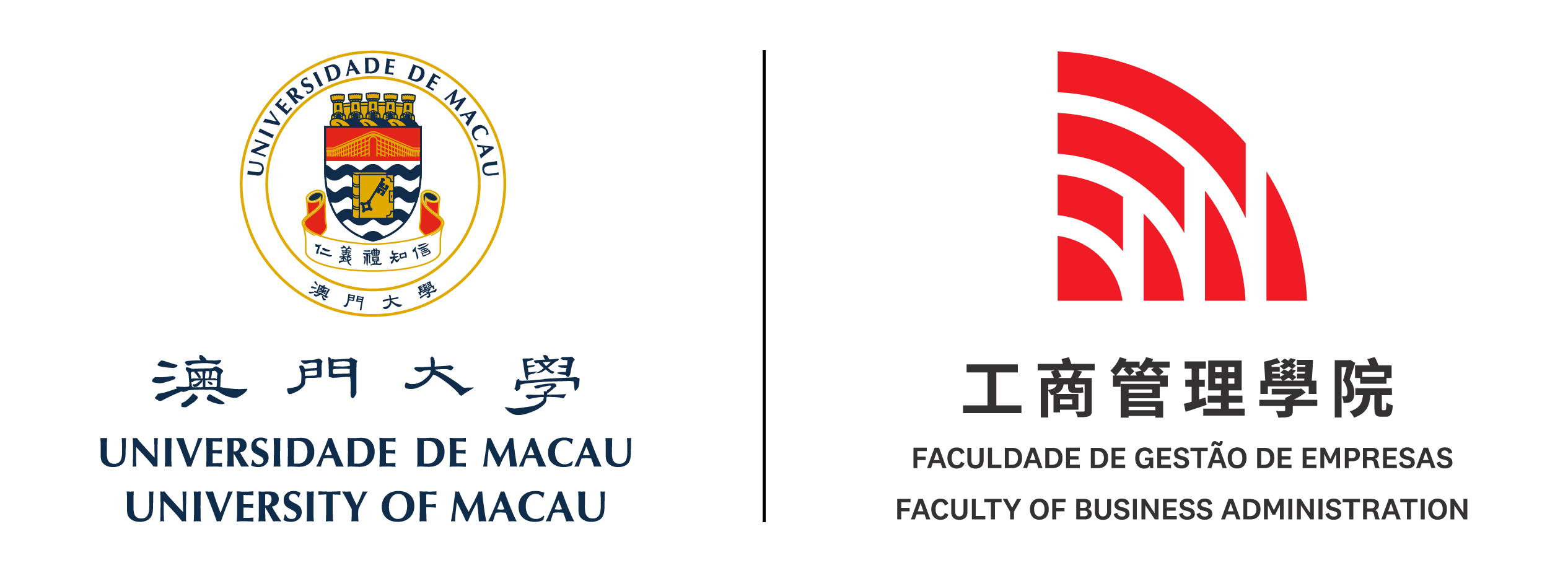Faculty of Business Administration
SEMINAR SERIES No. 26/1415
Business Economics
Professor of Economics
Iowa State University, USA
Abstract
China has been accused of intentionally depressing the value of its currency, the renminbi, to gain unfair advantages in the global market. This paper investigates whether China can benefit from arbitrarily lowering the yuan peg to the dollar in a two-country framework. If China is a small country, a change in the yuan’s peg has no effect on the relative price of China’s exportable good, and hence it does not affect China’s welfare. If China is a large country, China’s optimal policy is yuan appreciation, not devaluation. While producers and consumers behave as price takers in the world market, Chinese government can lower the yuan’s peg to the U.S. dollar, which effectively raises the relative price of China’s exportable good. A numerical example using the Cobb-Douglas utility function illustrates the main proposition.
Date: June 8, 2015 (Monday)
Time: 15:00~16:30
Venue: Faculty of Business Administration, E22-G015
A Short Biography of Prof. Choi
Prof. E. Kwan Choi serves as Professor of Economics, Iowa State University, USA. Prof. Choi got his Ph.D. in Economics at University of Iowa, his M.A. in Economics at University of Houston and his B.A. in Business Administration at Seoul National University. He is Series Editor of Frontiers of Economics and Globalization; Associate Editor of Japanese Economic Review; Managing Editor of Review of Development Economics and Associate Editor of International Review of Economics and Finance. His areas of specialization include International Economics, Economic Development, and Agricultural Economics.


